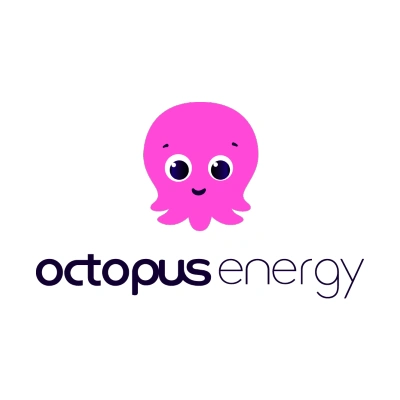The Rise of Octopus Energy in the Renewable Market

Introduction
Octopus Energy has rapidly gained attention in the UK’s energy sector, transforming the way consumers perceive renewable energy. Established in 2016, the company is committed to providing sustainable energy solutions, making it a highly relevant topic amid growing concerns about climate change and energy sustainability.
Company Overview
Octopus Energy is a UK-based energy supplier that prides itself on delivering 100% renewable electricity to its customers. With its seamless digital platform and innovative pricing strategies, Octopus has attracted over three million customers and has become one of the top suppliers in the UK energy market. The company’s success is attributed not only to its environmentally friendly approach but also to its flexible and customer-centric service model.
Recent Developments
In recent months, Octopus Energy has made headlines for its various initiatives aimed at promoting green energy usage. The company has launched several new products, including time-of-use tariffs that incentivise customers to use energy during off-peak times, thereby reducing strain on the grid and making energy consumption more economical and sustainable.
Moreover, Octopus has ventured into international markets and recently announced a partnership with utilities in Japan, further solidifying its status as a global player in the energy sector. This expansion is viewed as a vital step towards achieving the company’s vision of a greener future on a global scale.
Impact on the Energy Sector
Octopus Energy’s focus on renewable energy sources aligns with the UK government’s climate targets, which aim for net-zero carbon emissions by 2050. The company’s innovative practices have encouraged competitors to adopt similar strategies, thus promoting an overall shift towards sustainable energy in the industry. By making green energy more accessible and affordable, Octopus Energy has positioned itself as a leader in the movement towards ecological responsibility in energy production and consumption.
Conclusion
As Octopus Energy continues to expand its footprint in both the UK and international energy markets, its influence is likely to grow. With a commitment to sustainability and customer satisfaction, the company not only sets a benchmark for its competitors but also plays a crucial role in the global transition to renewable energy. For consumers, choosing Octopus Energy may become synonymous with environmentally conscious decisions, reflecting a shift towards a sustainable future in energy consumption.
